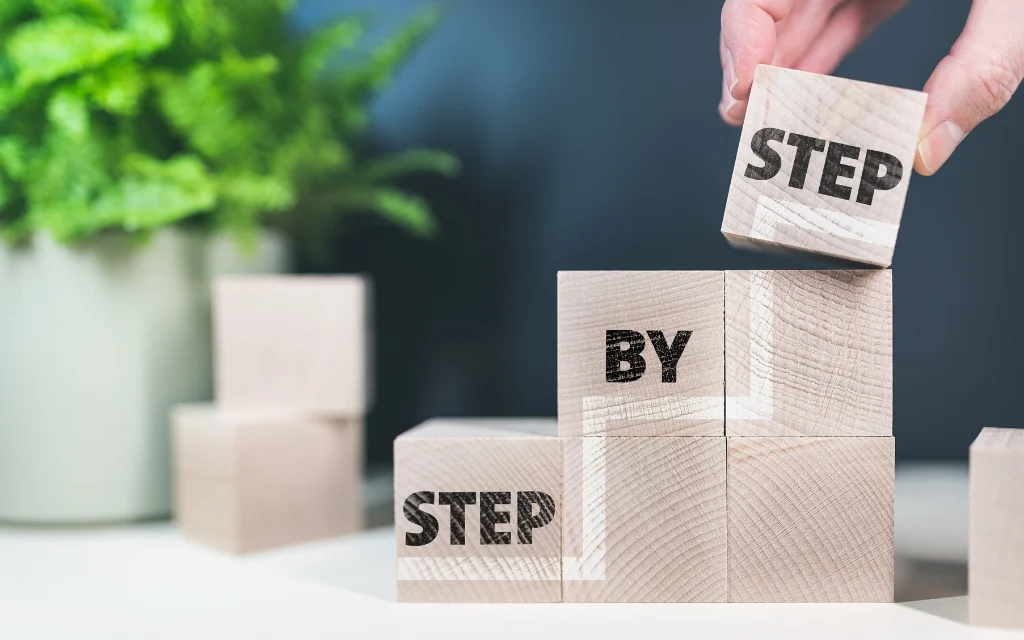Habits shape our response to difficulties. Some may seem insurmountable, while others are minor, like mine. Big or small, what truly matters is learning from our failures.
Mine started while I was a student in London. I came from a little village in the Welsh valleys, so I was apprehensive about moving to the large metropolis.
Being a mommy’s boy at heart, I struggled to cope with being so far from home. I did not make many friends in my early years because I am an introvert and did not adopt the drinking to failure mentality of college.
The course material did not motivate me in the least, and the workload was difficult as well. I had never given much thought to what I wanted from life, but I soon realized that complicated arithmetic and rocks were not part of it. Nevertheless, I persisted, primarily out of fear of failing but also in part because I was stubborn.
My difficulties were not so great, as I mentioned. At the time, it was difficult to see past my first-world issues, even though they were insignificant in contrast to others. I was anxious and felt stuck.
I used sports, my safe haven, as a coping strategy for the stress. Weightlifting, football, martial arts—anything that made my brain temporarily shut down.
What started as an escape quickly became unhealthy. Training sometimes three times a day was only adding to the problem, and eventually things broke down.
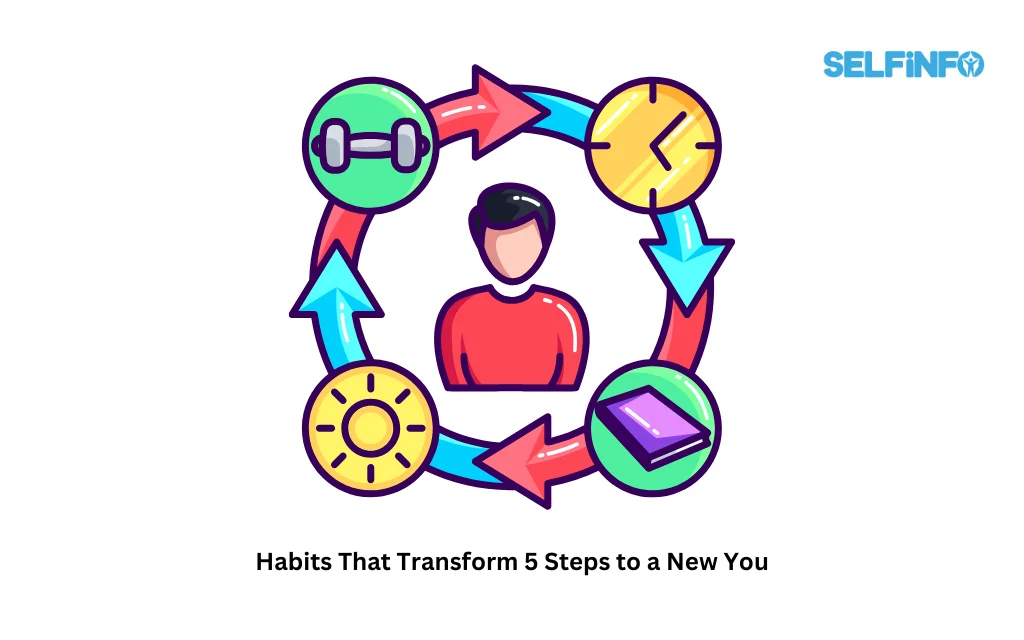
I quickly discovered the hard way that breaking bad habits is not the simplest thing to do. I kept returning to the same issue after numerous unsuccessful attempts: How can we develop habits that stay instead of fading away after a few weeks?
I eventually came up with a few answers through trial and error, and I started to progressively change my life. I changed the way I trained and switched to a plant-based diet, which increased my energy levels.
By reading more, worrying less, and regularly meditating, I was able to lower my stress levels and better discern the path I wanted to follow.
After a few years, the situation has significantly improved. I still have health problems from time to time, but they are lot easier to manage now.
I have not received a diagnosis of Crohn’s disease after numerous blood tests and examinations. Maybe I avoided a bullet by altering my routines, or maybe the initial prognosis was overly optimistic. In any case, I am glad I persevered through the difficulty. I learned a lot from it, and it helped me design the life I lead now.
Applying these five crucial lessons I have learnt about developing habits may help you if you are having trouble making adjustments or are feeling a little lost right now.
1. Start with self-acceptance.
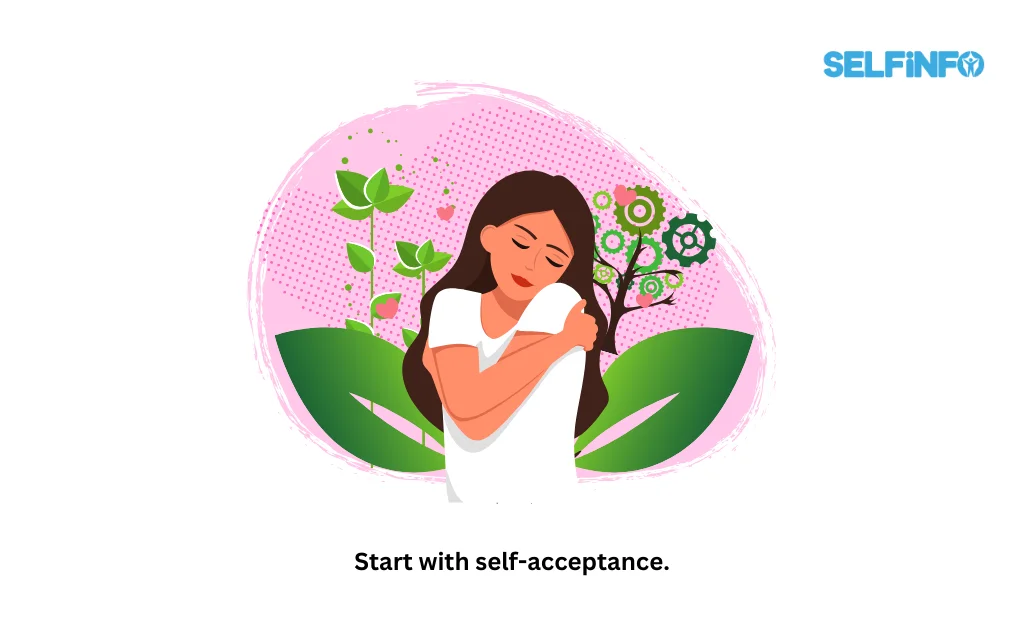
The majority of us treat our close friends and family with unconditional affection, despite their imperfections, yet we hardly ever treat ourselves with the same tolerance.
Rather, we criticize ourselves for every small flaw and error we make. Our obesity, poor eating patterns, indolence, and failure to bring about change. By concentrating on these things, we lose a great deal of energy that could be put to better use.
Accepting yourself for who you are, flaws and all, is maybe the most crucial first step in breaking a habit. We are human because of such flaws.
Try treating yourself the same way you would a loved one rather than demeaning yourself. Recognize that it is okay where you are at the moment and extend forgiveness.
Making changes from a place of self-respect rather than self-hatred increases your chances of success.
2. Determine your values.
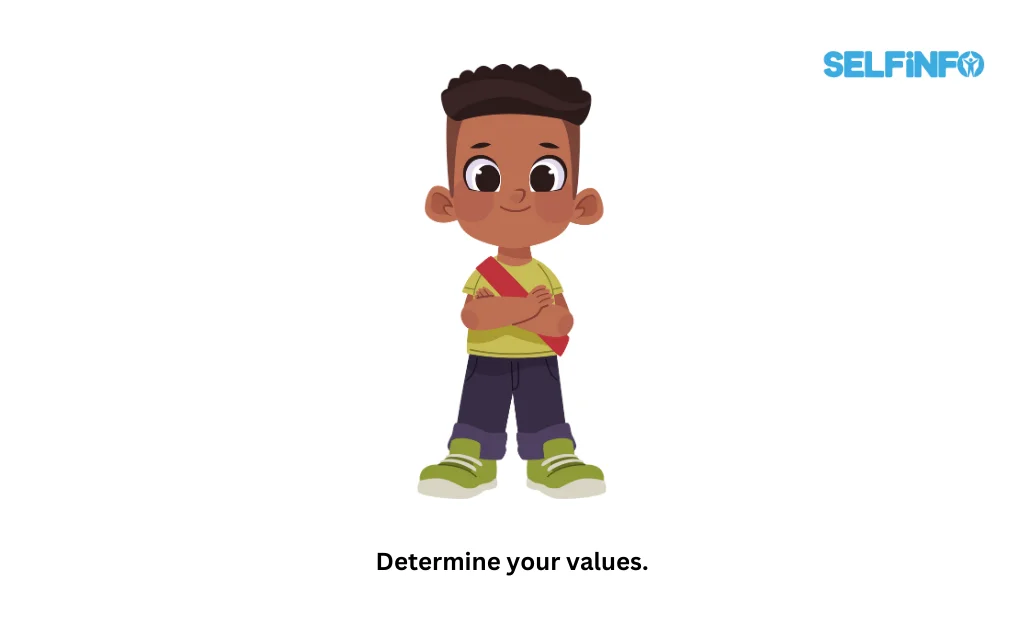
It is simple to forget what matters most to us. We are always evaluating ourselves against other people. Facebook gives us a beautifully packaged look into their lives, leading us to believe that we should live up to their ideal of perfection.
Then, without thinking about why, we try to alter a lot to become more like that person. Because they are not that important to us, we never commit to long-term goals that are not in line with our values, which causes discomfort and uneasiness.
Do not be a lesser version of someone else; just be yourself. First, ask yourself some questions to find out what your values are. If finances were not a concern, how would you respond? Where are you most trustworthy and well-organized? With what things do you surround yourself?
For some people, nothing is more important than their health. Some are more focused on their family, wealth, or a combination of these factors.
Make sure your goals are in line with your priorities. For instance, how can you redefine the goal of eating healthily if your top priority is taking care of your family?
Eating a healthier diet could help you take better care of your loved ones or provide you more time to spend with them. That is your compelling “why” that will motivate and inspire you to take action.
3. Start small and build gradually.
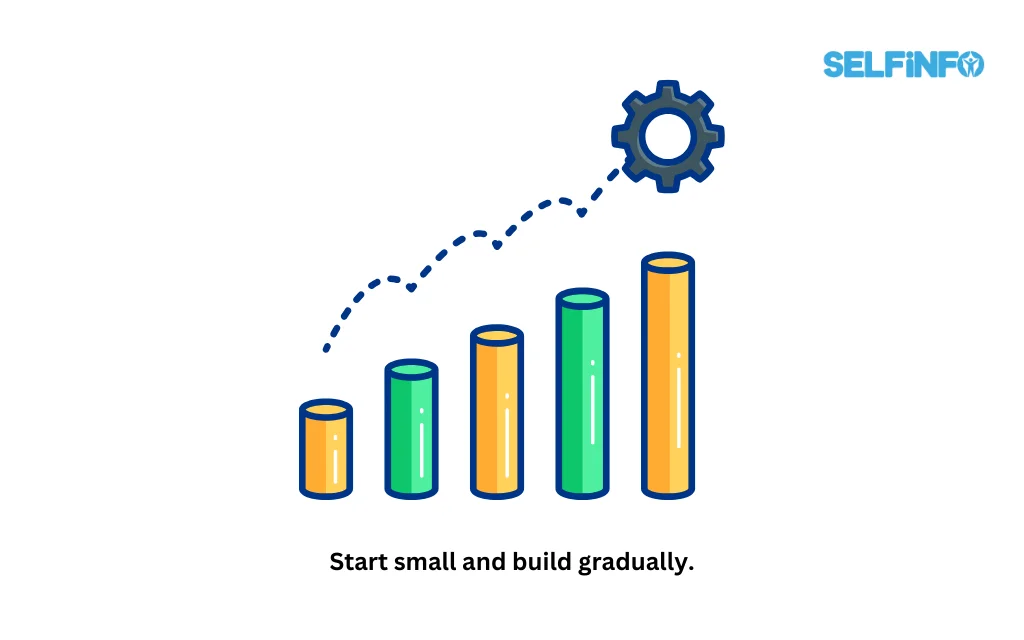
Since willpower is a finite resource, we should try to avoid using it as much as possible when creating habits.
I am prone to get overly enthusiastic and attempting to make a lot of significant changes at once, but this rarely results in long-term success. It takes a lot of little steps combined together, not a single switch flip, to make long-lasting improvements.
Plan your next few actions in that broad direction and then carry them out, rather than obsessing over the final aim. Changing your breakfast alone can be the first step toward eating healthier. Once you are completely at ease with it, you could start modifying your meal.
Avoid the temptation to take on more than you can handle and take your time. Instead of pursuing a short-term solution, make a long-term commitment. It is a more fulfilling process, and every little step you take increases your sense of self-worth and your capacity to effect further change.
4. Build a support network.
I have always tended to attempt solving issues on my own. I used to believe that asking for assistance was a sign of weakness, but it is actually the reverse. Creating a sense of community is crucial to developing habits. I did not truly start to realize progress until I included other people.
Maybe share your next steps with a trustworthy friend and ask them to keep you responsible by providing weekly success reports on your new habit. Introduce prizes, perhaps. This can provide you with the extra motivation you need to be successful.
5. Embrace failure.
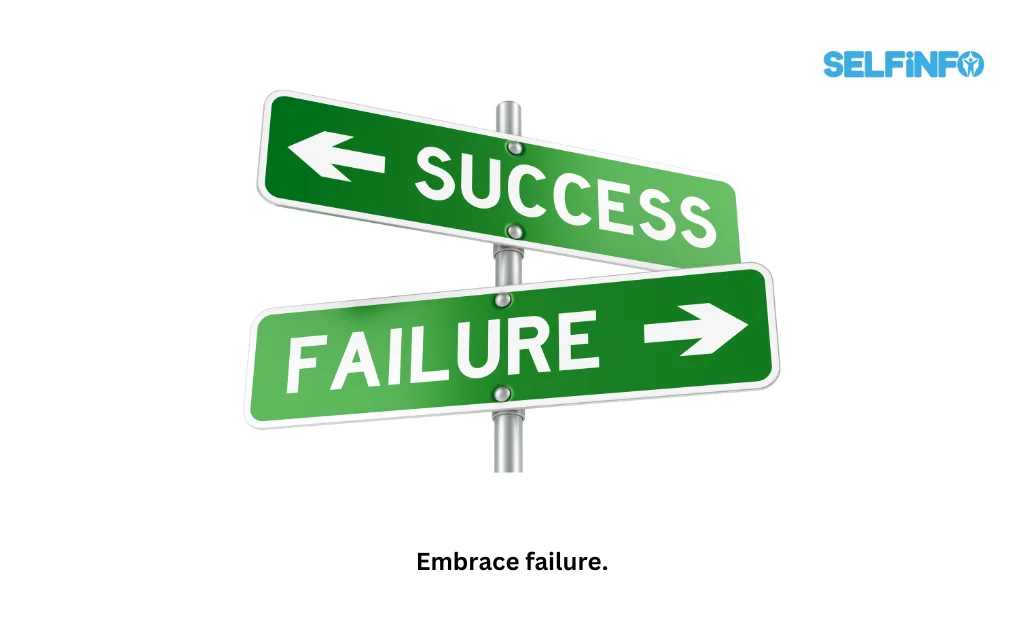
Many of us fear failure from an early age. Failure can actually be a positive thing, but we are not taught how to handle it. “Oh well, better luck next time” is a less than motivating response to failure for the majority of young people. They feel deflated, have low self-esteem, and have nothing to do.
As I did (and still do) when I tried to change my habits, you will probably fail multiple times. First, accept that it is alright. These setbacks are an essential component of the educational process.
Next, look for the lesson. We learn from failure how to get better so that we may return the following time as better versions of ourselves. To make it a little easier, you might need to change your objective.
